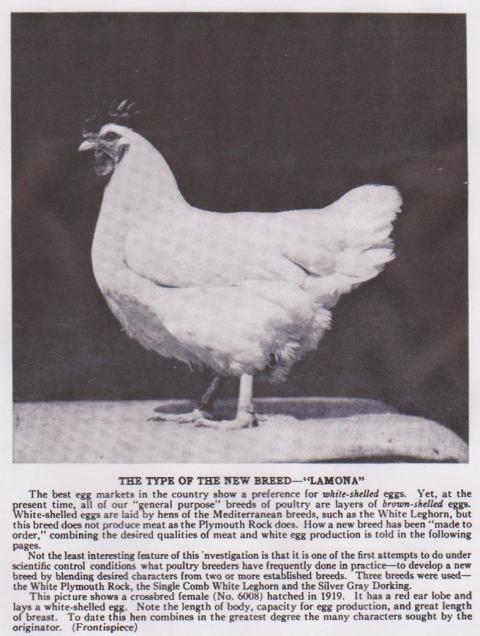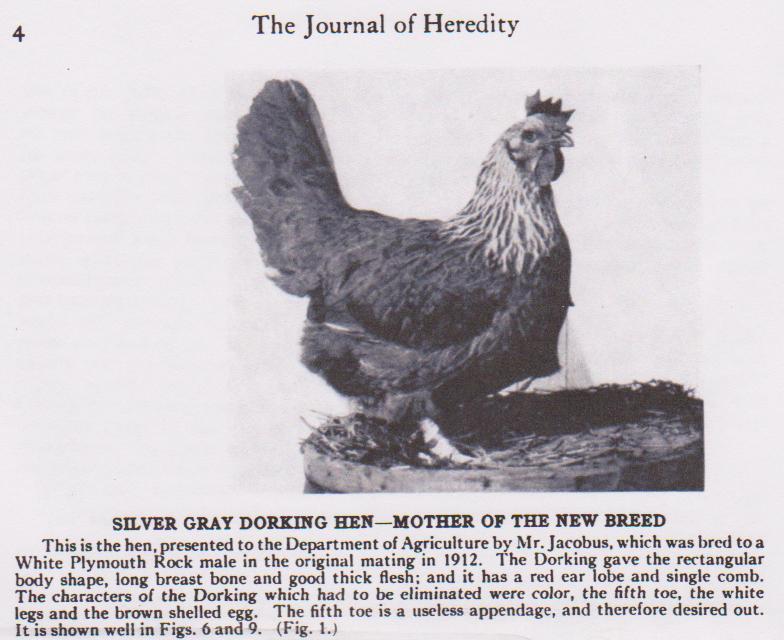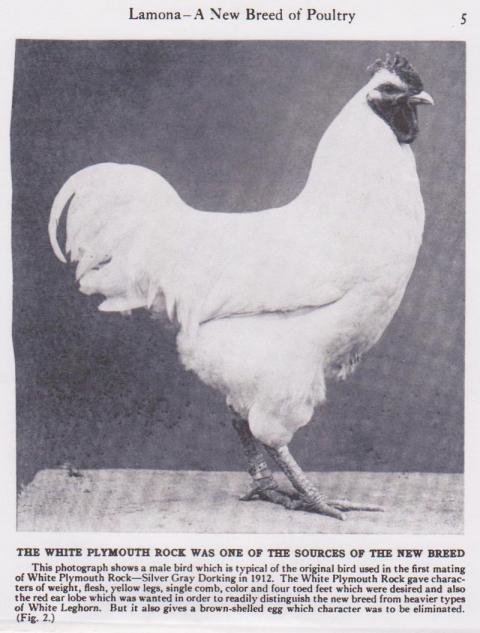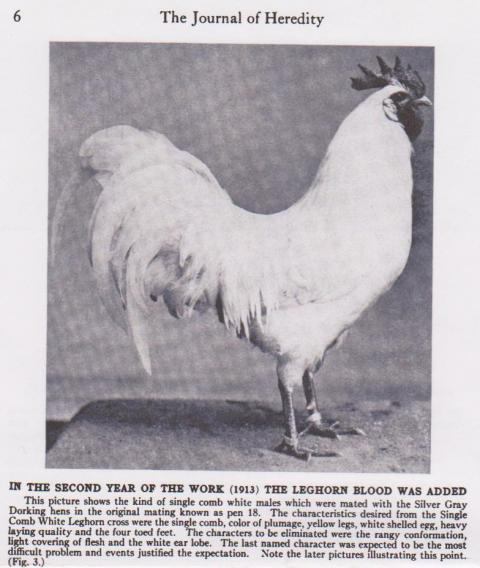- Nov 28, 2010
- 757
- 68
- 168
Quote:
From Mr. Voter's article:
"Merriam Webster Dictionary lists Dominican as originating around 1534 and defines the word as a member of a mendicant order of friars founded by Saint Dominic in 1215 and dedicated especially to preaching. In medieval England, the Dominicans, dressed in a white tunic and scapular with a large black cloak and hood." and concludes with:
"Still, the question remains: Why Dominique? All things considered, Mr. John Robinson was probably correct when, around 1915, he wrote that the basis for the Dominique name was the similarity between the black and white barring and the garb of the Dominican brethren. "
I realize that once something has been written people tend to repeat it over and over until it's accepted as fact, but when I look at a Dominican Monk I see a Lakenvelder, not a Dominique.

Oh, and regarding the word Dominique and whatever colors and varieties it gets tacked onto, I'll say again that nothing gamebird breeders do or say surprises me.
From Mr. Voter's article:
"Merriam Webster Dictionary lists Dominican as originating around 1534 and defines the word as a member of a mendicant order of friars founded by Saint Dominic in 1215 and dedicated especially to preaching. In medieval England, the Dominicans, dressed in a white tunic and scapular with a large black cloak and hood." and concludes with:
"Still, the question remains: Why Dominique? All things considered, Mr. John Robinson was probably correct when, around 1915, he wrote that the basis for the Dominique name was the similarity between the black and white barring and the garb of the Dominican brethren. "
I realize that once something has been written people tend to repeat it over and over until it's accepted as fact, but when I look at a Dominican Monk I see a Lakenvelder, not a Dominique.
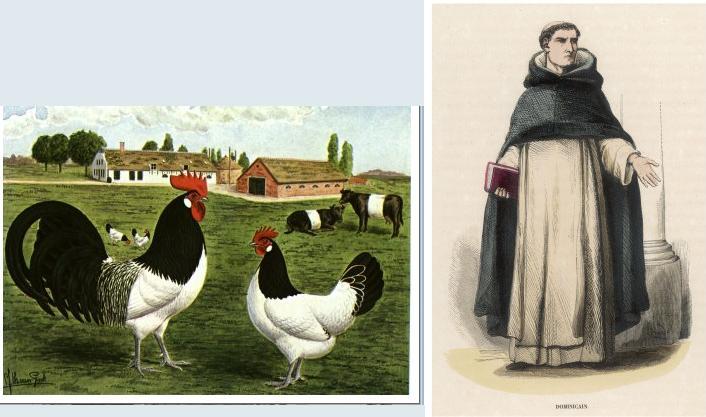
Oh, and regarding the word Dominique and whatever colors and varieties it gets tacked onto, I'll say again that nothing gamebird breeders do or say surprises me.
Last edited:


